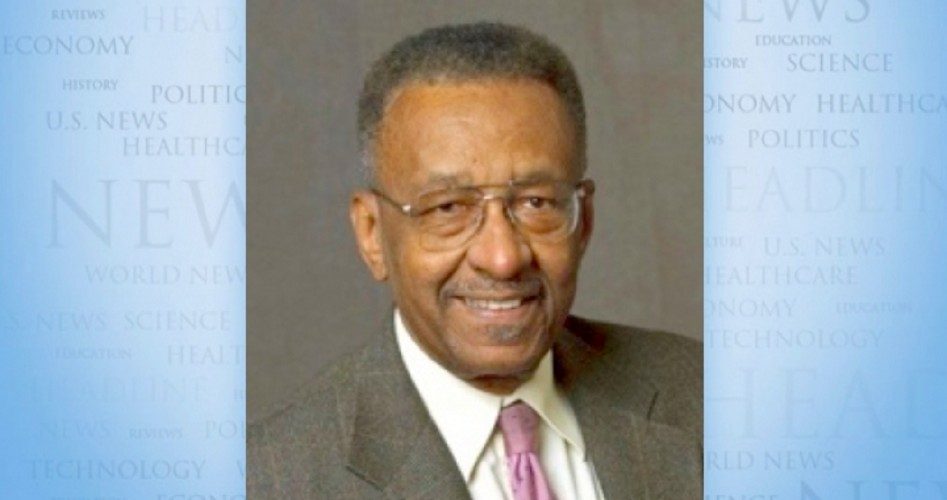
Pope Francis, in his apostolic exhortation, levied charges against free market capitalism, denying that “economic growth, encouraged by a free market, will inevitably succeed in bringing about greater justice and inclusiveness in the world” and concluding that “this opinion … has never been confirmed by the facts.” He went on to label unfettered capitalism as “a new tyranny.” Let’s look at the pope’s tragic vision.
First, I acknowledge that capitalism fails miserably when compared with heaven or a utopia. Any earthly system is going to come up short in such a comparison. However, mankind must make choices among alternative economic systems that actually exist on earth. For the common man, capitalism is superior to any system yet devised to deal with his everyday needs and desires.
Capitalism is relatively new in human history. Prior to capitalism, the way people amassed great wealth was by looting, plundering and enslaving their fellow man. With the rise of capitalism, it became possible to amass great wealth by serving and pleasing your fellow man. Capitalists seek to discover what people want and produce and market it as efficiently as possible as a means to profit. A couple of examples would be J.D. Rockefeller, whose successful marketing drove kerosene prices down from 58 cents a gallon in 1865 to 7 cents in 1900. Henry Ford became rich by producing cars for the common man. Both Ford’s and Rockefeller’s personal benefits pale in comparison with that received by the common man by having cheaper kerosene and cheaper transportation. There are literally thousands of examples of how mankind’s life has been made better by those in the pursuit of profits. Here’s my question to you: Are people who, by their actions, created unprecedented convenience, longer life expectancy and a more pleasant life for the ordinary person — and became wealthy in the process — deserving of all the scorn and ridicule heaped upon them by intellectuals, politicians and now the pope?
Let’s examine the role of profits but first put it in perspective in terms of magnitude. Between 1960 and 2012, after-tax corporate profit averaged a bit over 6 percent of the gross domestic product, while wages averaged 47 percent of the GDP. Far more important than simple statistics about the magnitude of profits is its role in guiding resources to their highest-valued uses and satisfying people. Try polling people with a few questions. Ask them what services they are more satisfied with and what they are less satisfied with. On the “more satisfied” list would be profit-making enterprises, such as supermarkets, theaters, clothing stores and computer stores. They’d find less satisfaction with services provided by nonprofit government organizations, such as public schools, post offices and departments of motor vehicles.
Profits force entrepreneurs to find ways to please people in the most efficient ways or go out of business. Of course, they can mess up and stay in business if they can get government to bail them out or give them protection against competition. Nonprofits have an easier time of it. Public schools, for example, continue to operate whether they do a good job or not and whether they please parents or not. That’s because politicians provide their compensation through coercive property taxes. I’m sure that we’d be less satisfied with supermarkets if they, too, had the power to take our money through taxes, as opposed to being forced to find ways to get us to voluntarily give them our earnings.
Arthur C. Brooks, president at the American Enterprise Institute and author of Who Really Cares, shows that Americans are the most generous people on the face of the earth. In fact, if you look for generosity around the world, you find virtually all of it in countries that are closer to the free market end of the economic spectrum than they are to the socialist or communist end. Seeing as Pope Francis sees charity as a key part of godliness, he ought to stop demonizing capitalism.
Walter E. Williams is a professor of economics at George Mason University. To find out more about Walter E. Williams and read features by other Creators Syndicate writers and cartoonists, visit the Creators Syndicate Web page at www.creators.com.
COPYRIGHT 2013 CREATORS.COM



